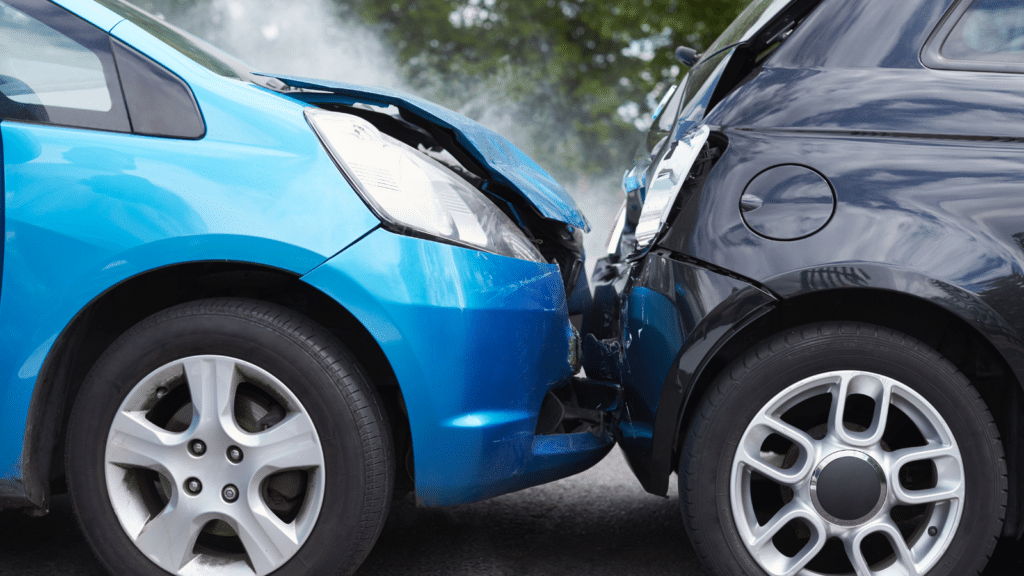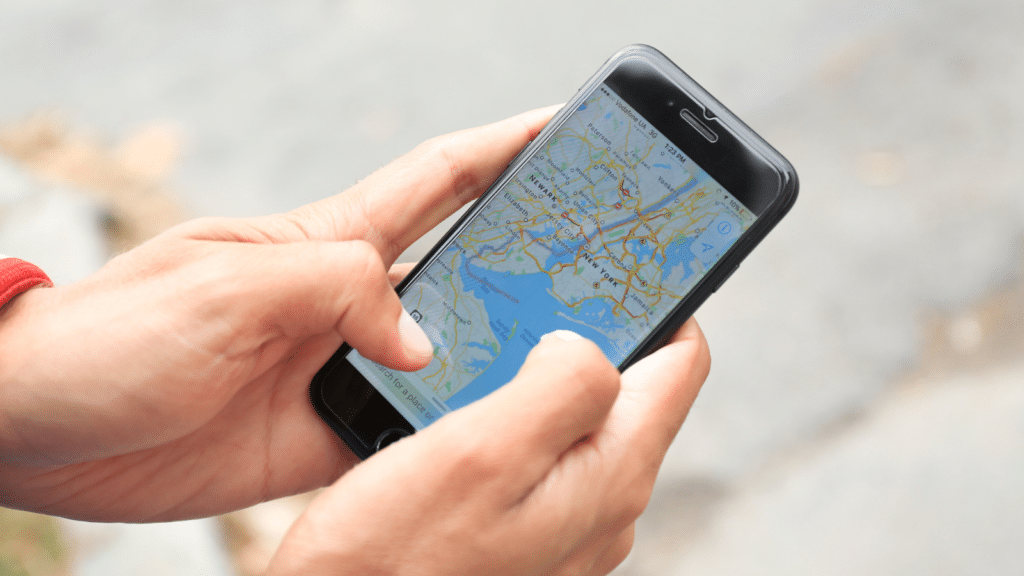Driving is a stressful experience for many of us. Worries about car accidents, traffic, left turns, or being judged by other drivers are just a few of the many situations that can contribute to anxiety. Driving anxiety can interfere with your daily life and prevent you from enjoying the freedom and convenience of having a car. While overcoming driving anxiety is a process, we do have some tips that can help you cope with your anxiety and become a more confident and relaxed driver, so that you no longer have to say, “driving anxiety is ruining my life.”
1. Identify the Source of Your Driving Anxiety
The first step to overcoming your fear is to understand what triggers it. Is it a specific situation, such as driving on highways, at night, or in bad weather? Is it a general feeling of nervousness or panic whenever you get behind the wheel? Is it related to a past trauma or negative experience involving driving? By identifying the source of your anxiety, you can work on addressing it more effectively.
For instance, I have a good friend whose driving anxiety stems from anxiety and stress inducing events from the past, at least in part. She drove a beater van while growing up. Her van would randomly stop at intersections or when making left turns. The trunk door would pop open on occasion and the back doors didn’t work, making it so her friends would have to pile in the front passenger door, which can be pretty embarrassing for a teenager. To make matters worse, one day her car died while she was in the middle of the freeway. She wasn’t able to get over to the side. Luckily, a kind semi driver pulled up behind her to protect her until she could get her car moved. With that kind of fear, embarrassment, and trauma, it is no wonder that she has anxiety when driving.
2. Challenge Your Negative Thoughts
Anxiety often comes from irrational or exaggerated thoughts that make you feel unsafe or incompetent as a driver. For example, you might think that you will lose control of the car, cause an accident, or get lost. These thoughts can increase your stress and make you avoid driving altogether. To overcome them, you need to challenge them with more realistic neutral thoughts. For example, you can remind yourself that you have the skills and knowledge to drive safely, that most accidents are preventable and rare, and that you can always use a GPS or ask for directions if you get lost.
3. Practice relaxation techniques
Relaxation techniques can help you calm your body and mind before and during driving. Some examples are deep breathing, progressive muscle relaxation, mindfulness meditation, and listening to soothing music. You can practice these techniques at home or in a quiet place before you start driving. You can also use them while driving if you feel anxious or tense. For example, you can take slow and deep breaths, focus on the road and your surroundings, and repeat positive affirmations to yourself. However, make sure to never practice techniques that may be unsafe while driving, such as techniques that make you sleepy or that have you close your eyes. To learn additional tools and tips to overcome anxiety, check out Overt’s Self-Directed Program on Anxiety.
4. Start small and gradually expose yourself to driving
One of the most effective ways to overcome anxiety of driving is to face your fear gradually and repeatedly. This means that you start with easy and familiar situations, such as driving around your neighborhood or on quiet roads, and then gradually progress to more challenging ones, such as driving on busier roads, highways, or in different weather conditions. By doing this, you will build your confidence and skills as a driver and reduce your anxiety over time.
My friend with driving anxiety that I mentioned above has found a lot of success in gradually exposing herself to driving. For years, she would avoid driving and never drive if her husband was there and could do it instead of her. She decided to increase her driving exposure. Even though it wasn’t comfortable, she started driving any time the family was making a short trip. Now she drives daily, even when her husband is in the car. A gradually increasing amount of exposure over time can work wonders!
5. Plan ahead and prepare yourself for driving
Another way to reduce your anxiety is to plan ahead and prepare yourself for driving. This means that you check the weather forecast, traffic conditions, road closures, and alternative routes before you leave. You also make sure that your car is in good condition, that you have enough gas, and that you have all the necessary documents and items with you, such as your license, insurance card, phone charger, etc. By planning ahead and preparing yourself for driving, you will feel more in control and more ready for any situation that might arise.
6. Drive with a supportive person
Driving with a supportive person can also help you overcome your anxiety of driving. This can be a friend, family member, or professional instructor who can offer you encouragement, feedback, and guidance while driving. They can also help you cope with any stressful situations that might occur on the road, such as dealing with aggressive drivers or getting pulled over by the police. However, make sure that the person you choose is calm and respectful, and does not distract or criticize you while driving. That may only make things worse.
7. Join a support group or seek professional help
Sometimes, driving anxiety can be too severe or persistent to overcome on your own. In that case, you might benefit from joining a support group or seeking professional help from a therapist or counselor who specializes in anxiety disorders.
A support group can provide you with a safe and supportive environment where you can share your experiences and feelings with other people who have similar problems. A therapist or counselor can help you identify the root causes of your anxiety of driving, teach you coping skills and strategies, and monitor your progress.
8. Reward yourself for your achievements
Overcoming driving anxiety is not an easy task. It requires courage, patience, and persistence. Therefore, it is important to reward yourself for your achievements and celebrate your successes. You can reward yourself in any way that makes you happy and motivated, such as buying yourself something nice, treating yourself to a meal or a movie, or spending time with your loved ones. By rewarding yourself for your achievements, you will reinforce your positive behavior and attitude towards driving.
9. Keep a driving journal or logbook
Keeping a driving journal or logbook can also help you overcome your anxiety of driving. You can use it to record your thoughts and feelings before and after you each time you drive. It may be beneficial to notice that, even though you may have thoughts and feelings before you drive about your inability to do so, you did it! Your thoughts and feelings are not always right or true. You can do hard things and when you journal about it, you are creating for yourself a whole book full of evidence.
While overcoming driving anxiety is a process, the key is to get started. Pick one or two things that you can start doing now to take steps in the right direction. You might be surprised by how much of an impact a few small changes can make over time. Good luck and remember, you can do hard things!





